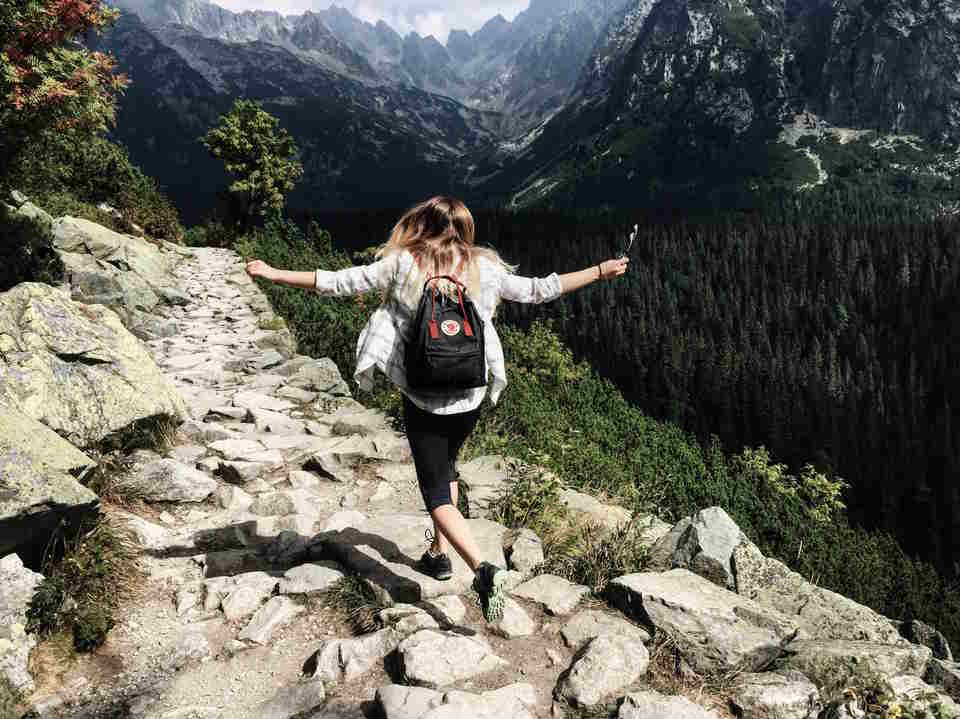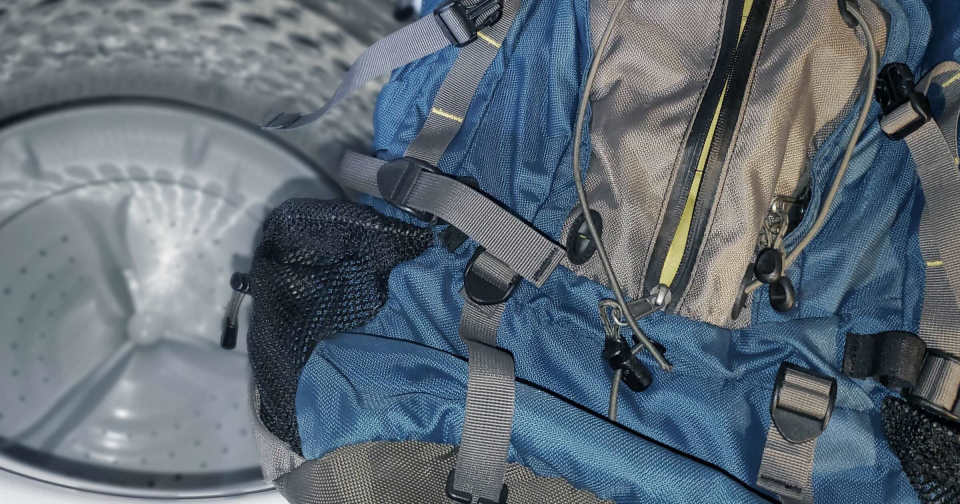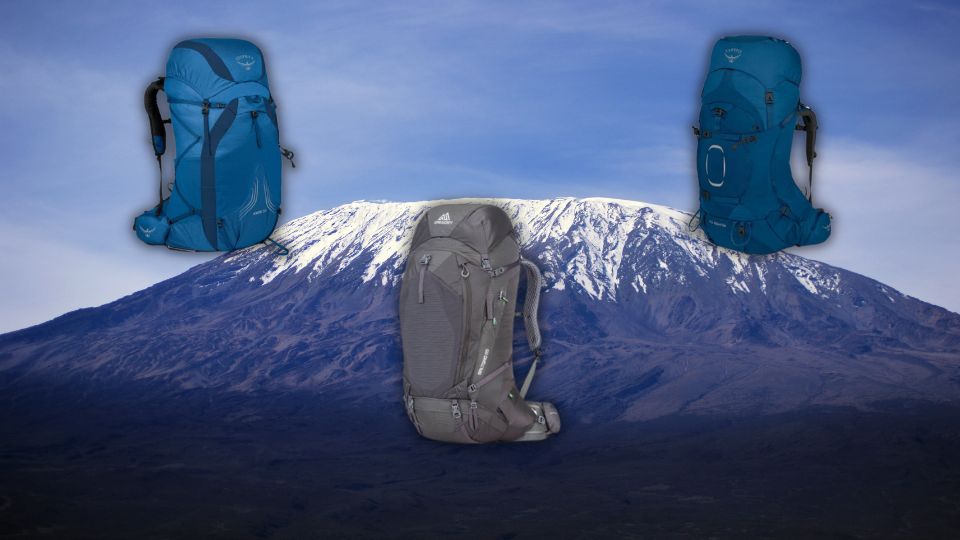Are you considering taking on the adventure of solo hiking? While it can be an incredibly rewarding experience, it’s important to be well-prepared and mindful of safety precautions. In this blog post, we’ll explore the essential tips for a safe and enjoyable solo hiking experience. From choosing the right trail to packing the necessary gear and understanding emergency preparedness, we’ll cover it all. Solo hiking requires a different level of mindfulness and awareness, and we’ll provide insights on how to fully enjoy the journey while staying safe. Whether you’re a solo hiking enthusiast or a beginner looking to try it out, this guide will help you make the most of your solo hiking adventure. Let’s delve into the world of solo hiking and ensure that you’re equipped to have a fantastic and safe outdoor experience.Discover solo hiking tips, gear essentials, safety precautions, and mindfulness techniques for enjoying the journey. Choose the right trail with confidence.
Choosing The Right Trail
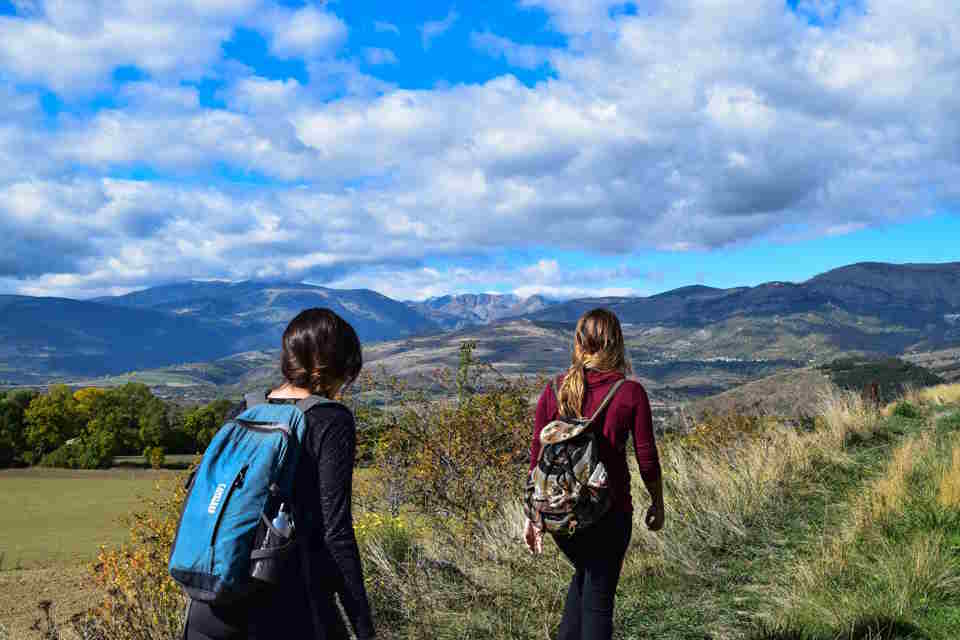
When choosing the right trail for your next hiking adventure, there are several factors to consider. First and foremost, determine your level of experience and fitness. If you’re a beginner, opt for shorter and easier trails, while seasoned hikers may be more interested in challenging terrain. Additionally, consider the season and weather conditions, as certain trails may be inaccessible or unsafe during certain times of the year. Research the trail’s distance, elevation gain, and potential obstacles to ensure it aligns with your abilities and goals.
Another important consideration when choosing the right trail is to take into account the scenery and points of interest along the way. Do you prefer lush forests, panoramic mountain views, or serene lakeside trails? Understanding the type of environment you want to experience can help narrow down your options and ensure a more fulfilling journey. Consulting trail guides, online resources, and fellow hikers can provide valuable insight into the unique features and characteristics of different trails.
Furthermore, it’s essential to assess the trail’s accessibility and proximity to your location. Factor in travel time, parking availability, and any permits or fees required for accessing certain trails. Additionally, consider the overall logistics, such as restroom facilities, camping areas, and nearby amenities. These practical aspects can significantly impact your overall hiking experience and satisfaction.
Ultimately, choosing the right trail involves a thoughtful evaluation of your abilities, preferences, and logistical considerations. By conducting thorough research and taking the time to assess various factors, you can select a trail that aligns with your goals and ensures a safe, enjoyable excursion.
Solo Hiking Gear Essentials
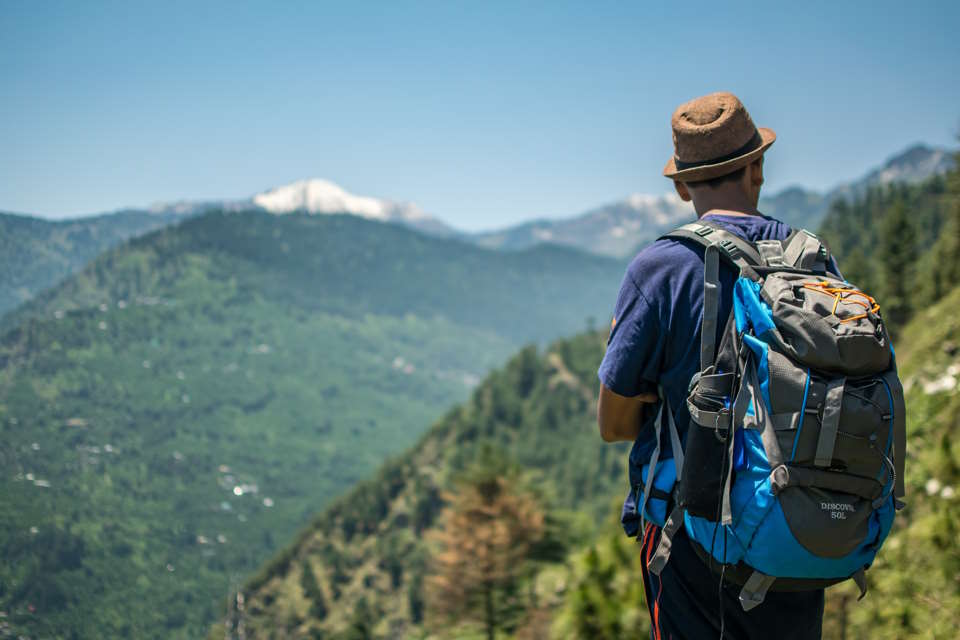
When planning for a solo hiking trip, it is crucial to have the right gear to ensure your safety and comfort. One of the most important essentials for any hiking trip is a sturdy and reliable backpack. Look for a backpack with a comfortable fit, ample storage space, and proper weight distribution to minimize strain on your body.
Another essential piece of gear for solo hiking is a high-quality pair of hiking boots. Your boots should provide excellent ankle support, a durable sole for traction on various terrains, and be waterproof to keep your feet dry during wet weather.
In addition to clothing suitable for the weather and terrain, it is also essential to bring a navigational tool such as a map, compass, or GPS device to help you stay on track during your hike. A first aid kit, emergency whistle, and multi-tool are also crucial items to have on hand for any unforeseen situations that may arise during your solo adventure.
Finally, don’t forget to pack enough food and water for your trip, as well as a portable water filtration system to ensure a safe and clean water source along the way. By being well-prepared with the right gear, you can have an enjoyable and safe solo hiking experience.
Safety Precautions And Emergency Preparedness
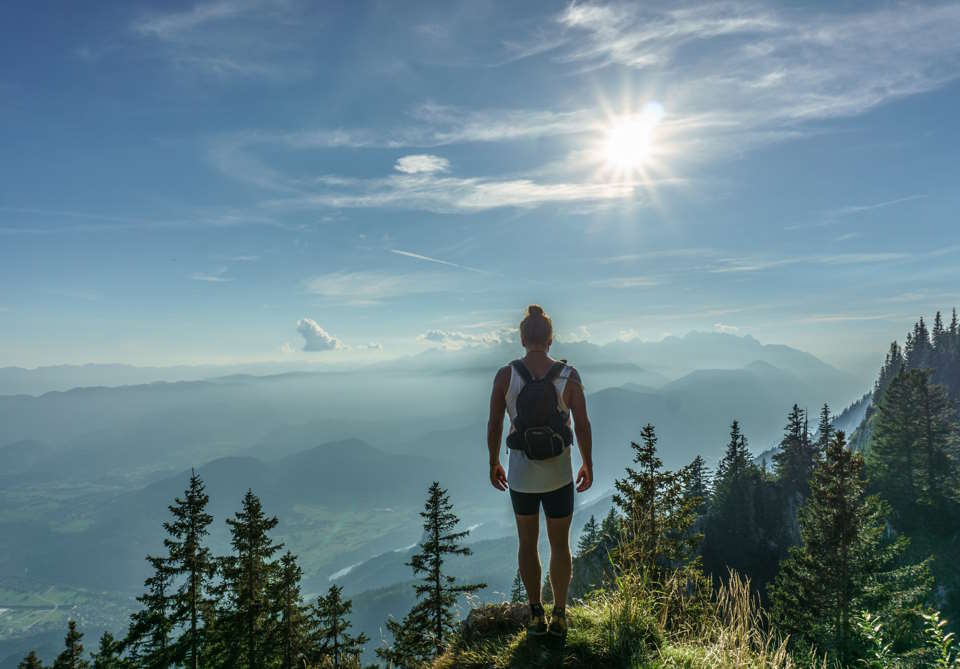
When going on a hiking adventure, it’s crucial to prioritize safety precautions and emergency preparedness. Before hitting the trail, make sure to inform someone about your itinerary and expected return time. This way, if something goes wrong, rescuers will have an idea of where to look for you. Additionally, always carry a well-stocked first aid kit and know how to use it. It’s also important to bring enough water and food to sustain yourself in case you get lost or injured.
Another essential aspect of emergency preparedness is carrying the right gear. This includes a map and compass or a GPS device, a headlamp or flashlight, a multi-tool, a fire starter, and extra clothing to protect you from hypothermia or other weather-related emergencies. It’s also a good idea to pack a whistle, mirror, and signaling device in case you need to attract attention from rescuers.
Knowing safety precautions and basic first aid is crucial for hikers. It’s important to be aware of the potential risks of the trail you’re planning to hike, including wildlife encounters, weather changes, and rough terrain. Additionally, being prepared for emergencies such as getting lost, injured, or encountering wild animals is essential for a safe hiking experience.
Lastly, practicing mindfulness and being aware of your surroundings is key in safety precautions and emergency preparedness. Pay attention to trail markers, landmarks, and potential hazards. In case of an emergency, staying calm and focused will help you make sound decisions and take the necessary steps to stay safe until help arrives.
Mindfulness And Enjoying The Journey

When embarking on a hiking adventure, it’s important to remember to be mindful and fully present in the journey. Instead of focusing solely on reaching the destination, take the time to appreciate the beauty of nature surrounding you. Observe the birds chirping, the rustling of leaves, and the scent of wildflowers in the air. Being mindful allows you to fully immerse yourself in the present moment, making your hiking experience more meaningful and enjoyable.
As you hike, take the opportunity to engage all your senses. The crunch of gravel beneath your boots, the warmth of the sun on your skin, the cool breeze brushing against your face – these are all little moments that can bring immense joy and gratitude when we stop to appreciate them. Mindfulness on the trail involves being fully aware of your surroundings and letting go of any distractions or worries, allowing you to connect with nature on a deeper level.
Practicing mindfulness on the trail can also help alleviate the mental load of everyday life. Let the soothing sights and sounds of nature calm your mind, without the constant clutter of thoughts about work or responsibilities. Use this time to focus on your breathing, taking deep, intentional breaths as you walk, allowing yourself to fully unwind and recharge.
Ultimately, mindfulness while hiking is about savoring each moment and finding joy in the journey, not just the destination. By being fully present and attentive to the sights, sounds, and sensations around you, you can elevate your hiking experience to a more fulfilling and rejuvenating level. So, remember to slow down, take it all in, and truly enjoy the journey.

